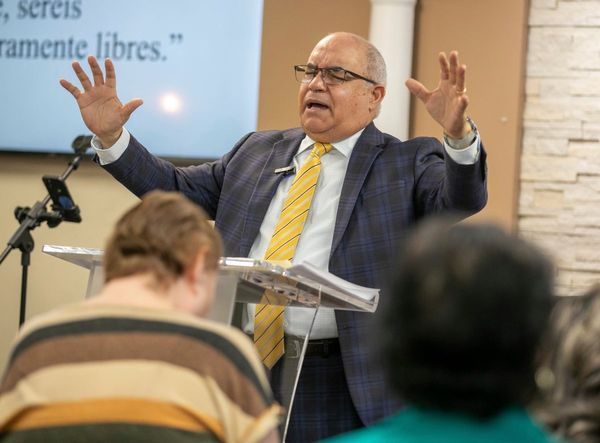
The new chancellor has hinted that tax rises could be on the way as he rolled back the vast majority of measures in the mini-budget and admitted decisions of “eye-watering difficulty” lay ahead.
Jeremy Hunt conceded that confidence and stability in the UK economy had been shaken over the past few weeks as he addressed MPs in his first Commons statement since replacing Kwasi Kwarteng on Friday.
Flanked by ashen-faced Tory backbenchers, Hunt admitted questions had been raised about whether the country could fund spending promises and pay its debts, and laid out plans to scrap tax cuts worth £32bn.
However, the sum is only half of the fiscal black hole – estimated to be about £70bn – caused by last month’s mini-budget, and Hunt alluded to needing to take “difficult decisions” to regain trust “in our national finances”.
“That means decisions of eye-watering difficulty,” he said. “Every single one of those decisions – whether reductions in spending or increases in tax – will be shaped through core, compassionate Conservative values that will prioritise the needs of the most vulnerable.”
Admitting the government was partly to blame for the markets’ shaky response to Kwarteng’s mini-budget, Hunt said some of the “short-term difficulties” were caused by the lack of a forecast by the Office for Budget Responsibility (OBR) being published alongside it.
Hunt said he had brought forward from 31 October the announcement about reversing tax cuts because “we need to do more, more quickly, to give certainty to the markets about our fiscal plans”.
Over the weekend, Hunt said he and the prime minister, Liz Truss, agreed to reverse “almost all the tax measures” unveiled in September.
As well as restoring the planned rise in corporation tax next spring from 19% to 25%, as announced on Friday, Hunt confirmed the basic rate of income tax would also no longer be cut from 20% to 19% and would remain at its current level “indefinitely until economic circumstances allow for it to be cut”.
Those two U-turns and the restoration of the top rate of income tax will raise around £32bn for the exchequer.
Hunt also announced the energy support scheme to curb spiralling bills would remain in its current form for six months until April, instead of the planned two years. He said the Treasury would review the scheme to come up with a different one from the spring to provide more targeted help for the most vulnerable.
“It would not be responsible to continue exposing the public finances to unlimited volatility in international gas prices,” Hunt said.
Pressed by the Tory backbencher John Redwood on whether the UK was on course for recession, Hunt urged him to wait for the OBR to publish its forecasts on Halloween.
“We remain completely committed to our mission to go for growth,” Hunt said – but tempered the pledge by stressing the need for realism and market stability.
In an effort to further gain the confidence of the City, Hunt said he was setting up a new economic advisory council, with at least four leading economists lined up to join it, including Rupert Harrison, George Osborne’s former chief of staff, and a JP Morgan executive.
Labour said the U-turns could not repair the damage caused over the past two weeks.
Rachel Reeves, the shadow chancellor, said the Conservatives had “put a lasting premium on people’s mortgages” and asked how people could afford that during a cost of living crisis.
“The chancellor has said that growth requires confidence and stability,” she said. “I agree. But where does he think the lack of confidence and the instability came from? It didn’t fall from the sky. It came from the mini-budget three weeks ago.”
Reeves pushed for “a proper windfall tax on energy producers to help foot the bill to support consumers” and for benefits and pensions to be increased in line with inflation – roughly 10% – instead of average earnings, which stand at about 5.5%.
“There is lasting damage which these policy U-turns won’t change,” she added.
“They’ve set fire to everything. Now they insist it is all fine. The truth is an arsonist is still an arsonist, even if he runs back into the burning building with a bucket of water.”







